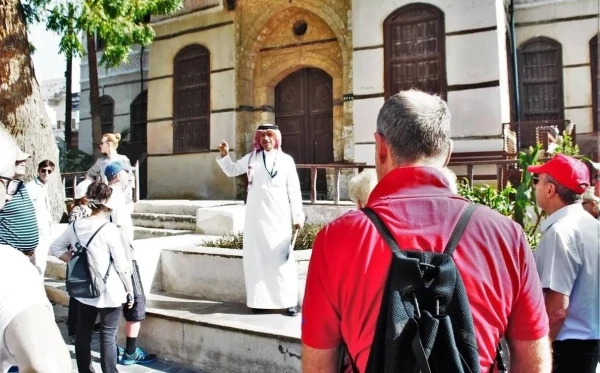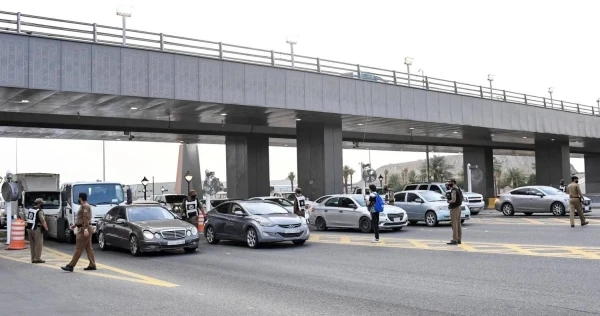The Grand Mosque in Makkah made headlines on January 21, 2025, when it disclosed an astounding fact: it hasn't used its backup electrical supply in well over 40 years. This outstanding achievement demonstrates the dependability and effectiveness of the mosque's main power supplies, which comprise a strong infrastructure built to accommodate millions of worshippers each year.
A Testament to Reliability:
The mosque is powered by a vast network of eleven primary and backup electricity sources, according to the Grand Mosque Authority. The major power source has continuously stayed steady despite the growing amount of tourists, particularly during busy times like the Hajj. The comfort and security of the millions of people who visit the mosque every year, especially during prayer times and other occasions, depend heavily on this dependability.
Infrastructure and Capacity:
The Grand Mosque can hold more than 1.5 million people at once, making it one of the biggest places of worship in the world. Over the years, the mosque's infrastructure has experienced numerous additions and modifications, most notably under King Saud, King Fahd, and King Abdullah. Among these improvements have been sophisticated electrical systems intended to guarantee continuous operation.
Energy Management Strategies:
The Grand Mosque's effective energy resource management demonstrates Saudi Arabia's dedication to updating its infrastructure while maintaining its historical relevance. Modern technology that optimize power distribution across the mosque complex and track energy use have been extensively invested in by the authorities. This proactive strategy reduces the impact on the environment while also guaranteeing a consistent power supply.
Future Prospects:
As it gets ready for future expansions, the Grand Mosque Authority intends to keep improving its energy management systems. Maintaining a dependable power source will be influential for handling growing crowds as pilgrimages around the world are predicted to increase. The mosque's four decades of operation without backup electricity sets an example for other huge structures around the globe.
Conclusion:
The Grand Mosque in Makkah's strong infrastructure and efficient energy management techniques are evidence that it hasn't needed backup electricity in more than 40 years. This accomplishment demonstrates Saudi Arabia's commitment to offering a smooth and spiritually enlightening experience for everyone who comes to worship at this holy location, which still receives millions of tourists annually.








